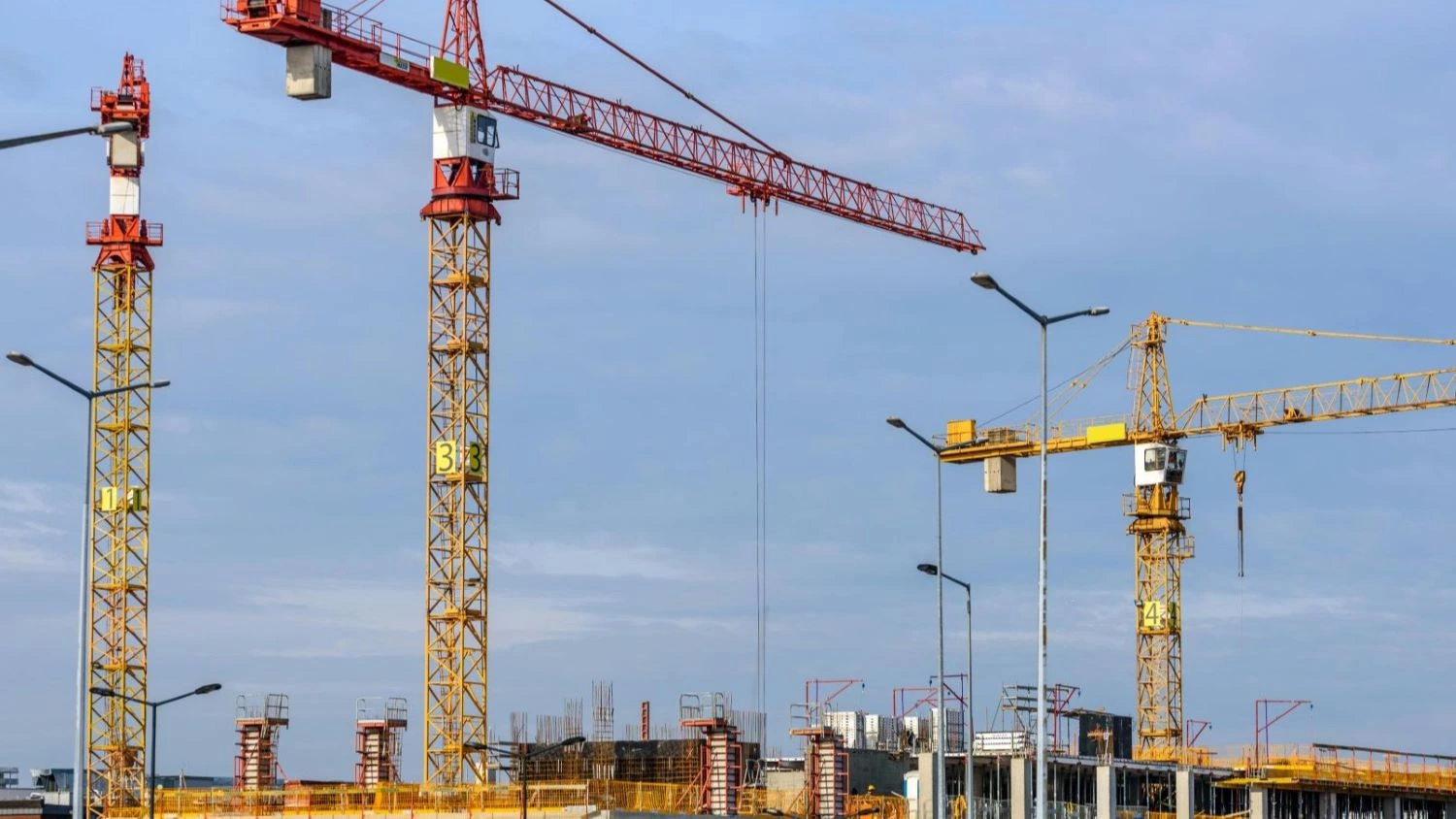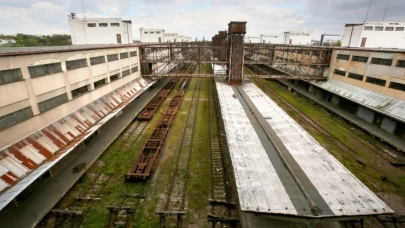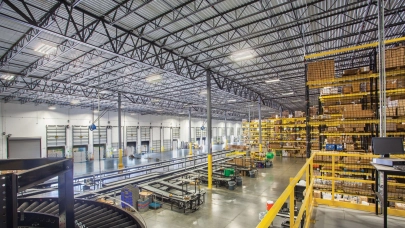
Even though the volume of commercial real estate delivered to the market in 2024 was below average, the Czech market did not freeze and maintained its activity. This was mainly thanks to the Czech capital, according to Colliers' experts, and this trend will continue in 2025.
Economic turbulence and adjustments in property prices in many European markets have led international investors to withdraw from the Czech Republic and shift their focus to other business opportunities. This created space for Czech investors, who dominated the Czech investment market last year and further expanded their activities within Central and Eastern Europe.
In 2025 as well, the weak influence of foreign capital will give them a unique opportunity to buy interesting assets coming onto the market. These will include shopping centres and other types of retail properties that were already popular acquisitions in 2024, as well as build-to-rent residential projects acquired mainly through forward purchases.
Not only in the Czech Republic but also in the entire CEE region, there has been increased activity in the residential property market since last year. "We expect that the growing demand for housing will lead to further price increases, especially in new, quality projects. Given that there have been no improvements in zoning, permitting or financing to help boost construction volumes, the upward trend in prices is not surprising. PRS projects, or serviced rental housing, will also gain momentum. This is evidenced by many new investors’ interest in entering this segment," comments Josef Stanko, Director of Market Research at Colliers.
After bottoming out in 2023, retail sales in the Czech Republic are now once again growing dynamically. This is having a positive impact on the retail real estate sector. Renewed tourism and consumer confidence have supported the creation of several new projects as well as the redevelopment of some shopping centres and the growth of retail parks.
Activity is also evident in the leasing market as many brands and operators continue to expand and are keen to fill units that became vacant during the previous period. "In 2025, expansion will be driven primarily by discounters and mass-market chains, which will eventually head to places where they were previously absent. Renowned brands will likely test the market situation through temporary pop-up stores," predicts Josef Stanko.
The office market will be characterised by a continued prevalence of renegotiations. Developers faced significant changes last year, ranging from project delays due to pre-leasing or financing issues to a shift towards residential use. Despite these difficulties, some projects have moved forward: either speculatively or through forward acquisitions. As a result, there is currently more than 160,000 sqm of space under construction in Prague.
However, those interested in new office space still have very limited choices. In some office locations, vacancy rates are as low as 3%. "If interested parties prefer a particular location, they will likely postpone their projects until more options become available in that area. The annual volume of renegotiations could thus exceed the volume of new leases again," explains Josef Stanko.
An increasing focus on sustainability and ESG will have a key impact on the market and significant problems can be expected in connection with the dysfunctional digitalisation of construction management.
Already in 2023, the gap between the Czech industrial real estate market and markets in competing neighbouring countries began to widen. This involved not only rent levels or specially offered benefits, but also the availability of labour, construction processes and government investment incentives; all factors that then put, and continue to put, the Czech Republic at a disadvantage.
"During the first half of 2025, demand for industrial real estate will experience a challenging period. We expect rents to fall in 2025, unfortunately only slightly. However interested buyers can expect more supportive incentives, such as rent-free periods or equipment allowances and more flexible contracts. Unfortunately, competition from neighbouring countries will continue to be strong and these steps can only slightly offset the disadvantages on the Czech side,“ Josef Stanko concluded.



